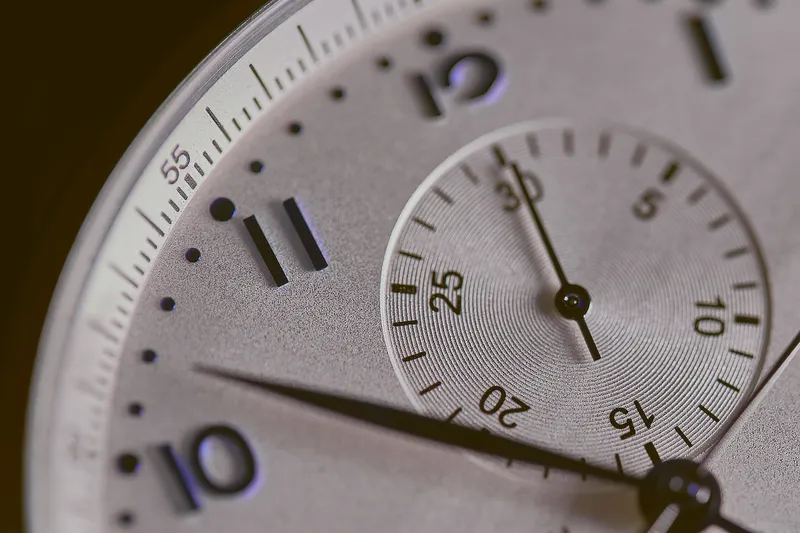Wasted Time Isn't Wasted
Are you so determined to spend your time perfectly that you refuse to spend it at all?
20 Apr 2018

We can’t control whether to spend our time, only what we spend it on.
This thought has echoed around and around in my mind ever since I read the story of Opus 40 - a sculpture park created by one man over 37 years(!)
Part of me recoils in horrified terror at the thought of spending 37 years on a single project. Sometimes, 37 minutes can feel like a lot!
But I still find this story inspirational.
Harvey Fite’s story continued to itch at me after I heard it. I kept imagining how I might handle working on such an intimidatingly large project. I’m sure that almost every day I would wonder “isn’t this huge sculpture park a massive waste of time? Should I be doing something else?!”
I have no idea whether the sculptor struggled with these thoughts himself –this piece in the New York Times suggests that perhaps he did not – but it doesn’t actually matter either way. No project is so perfect that we’re never tempted by another, and what’s important is that Harvey Fite did it.
Harvey Fite’s time – like everybody’s - had to be spent somewhere, and creating his sculpture park was a perfectly good way to spend it.
Spending Time One Day at a Time
I think this suggests a healthy attitude towards time. The amount of time we intend to spend on a task—a day, a week, or 37 years—isn’t important: that time is going to pass regardless. The only question is whether we will have anything to show for it afterwards.
Sometimes the payoff is immediate, and sometimes it may take decades. All that matters is that there is a payoff.
But Wastes Aren’t Always Wastes
Of course, it can be stressful to believe that every single minute has to be accounted for. A healthy concept of “payoff” must be broad enough to include rest, leisure, learning and creating good memories with family and friends. Not all payoffs have to be economic!
Nor do we have to succumb to the sunk cost fallacy and stick something out just for the payoff we imagined we’d get when we began. Sometimes learning “this isn’t for me” is an adequate payoff for time invested.
Whatever the outcome, there’s no point berating our past selves. You had to spend that time somewhere, and you picked the best option you could see at the time.
There’s No “One True Outcome” to Rule Them All
When we look back and evaluate our lives, we will have a whole basket of things to show for how we spent our time. But there’s no “right” mixture of outcomes which have to be in that basket.
Was spending 37 years building a beautiful sculpture park the “right” outcome for Harvey Fite? The question doesn’t make sense. He chose where to spend his time and created something beautiful out of it. Any mixture of time spent on family, friends, big projects or smaller projects would still have been just as “right.”
You don’t want to be so determined to spend your time perfectly that you refuse to spend it at all. Just as your past self had to, you can only pick whatever option seems best right now.
Choosing NOT to spend your time isn’t an option, so you may as well spend your time on something (or some things) that feel right to you now.
Trading Time
Perhaps I’m particularly dense… but this lesson about time is one I have learned and re-learned many times. I often listen to this song by Jeffrey Lewis, which reminds me that my time is guaranteed to pass no matter what I do, and I might as well try and have something to show for it afterwards:
This article was originally written for Puttylike

Neil Hughes is the author of Walking on Custard & the Meaning of Life, a comical and useful guide to life with anxiety, and The Shop Before Life, a tale about a magical shop which sells human personality traits.
Along with writing more books, he spends his time on standup comedy, speaking about mental health, computer programming, public speaking and everything from music to video games to languages. He struggles to answer the question "so, what do you do?" and is worried that the honest answer is probably "procrastinate."
He would like it if you said hello.